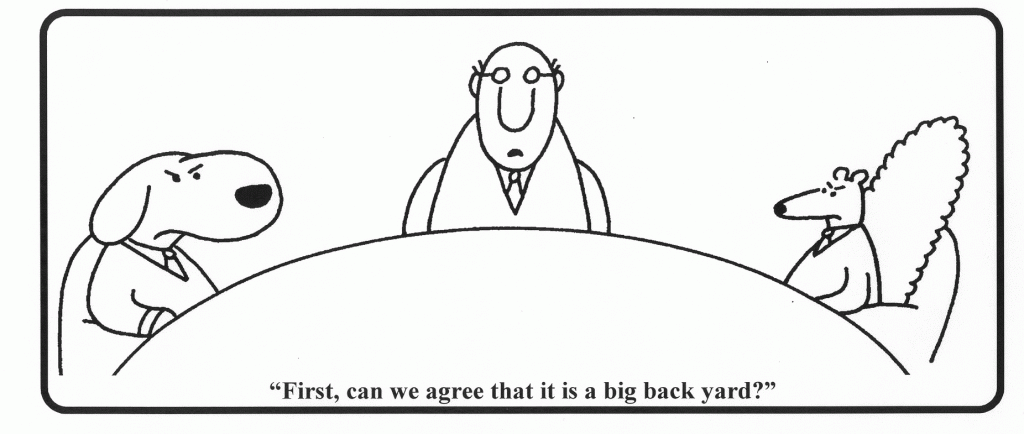After fighting a long drawn out patent battle over Erlotinib (Tarceva), in an interesting development the Delhi High court has ordered Roche and Cipla to engage in mediation. The Erlotinib patent case is unique in many ways because it was India’s first post-trial pharma patent ruling in a post TRIPS world and also it was the first of its kind at-risk infringement case.
A brief recap of the Erlotinib patent saga:
As readers may recall Roche had sued Cipla over infringement of their Erlotinib product patent.
As Prashant had blogged, over the period spanning 2009 and 2010 Roche also sued a number of other generic drug firms including Natco Pharma, Dr. Reddy’s, Glenmark, Oncare Life Sciences, Aureate Healthcare, Innova Life Sciences and Accura Care Pharmaceuticals, over infringement of its Erlotinib patent.
In September 2012, the Delhi high court delivered a questionable judgement according to which the validity of Roche’s patent was upheld and at the same time Cipla was acquitted of the charge of infringing Roche’s patent. The infringement analysis in the flawed judgement evaluated the plaintiff’s (Roche’s patented product) against defendant’s product (Cipla’s generic version); instead of evaluating the scope of the patent claim against defendant’s product!!!Please read Shamnad’s excellent coverage of this case here and here.
Mediation: first of its kind ?
Shamnad’s quote for the economic times article encapsulates my views: “This is the first time such a big-ticket patent litigation has been referred for mediation. It is highly unusual for the courts to send such cases for mediation at such a late stage in the proceedings, particularly since the trial has concluded in this case. While the court may have done so to save time and resources, India has lost an opportunity to evolve patent jurisprudence on an important matter. There is always a chance of the mediation failing, in which case it will have to be heard by the court again.”
In most cases mediation is a highly effective mechanism to resolve disputes earlier on i.e. before initiating the infringement suit/before significant damage is done in the marketplace.
The confidential nature of mediation process minimizes the risk for the parties involved.Mediation is a flexible non-binding procedure. In this case even though Roche and Cipla have agreed to engage in mediation as ordered by the High court, they are free to abandon the process at any time after the first meeting if they find that it does not meet their interests.
Having said that, there is a high probability that the mediation may result in a settlement considering the Delhi High court ruling was 50-50 (Validity upheld-in favour of Roche and Cipla was acquitted of infringement charges).As they say you cannot shake hands with a clenched fist!
PS: Many thanks to Shamnad for his inputs and to Yagna Praveen for bringing this case to my attention


Do you have the order of the division bench of the Delhi High court ordering a mediation between Cipla and Roche? Cant seem to find it on the DHC website!